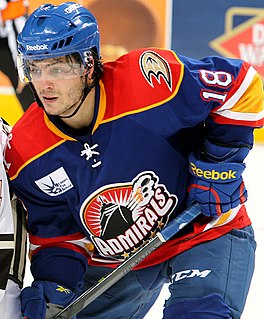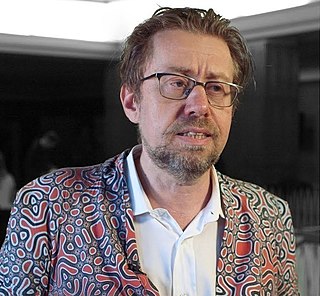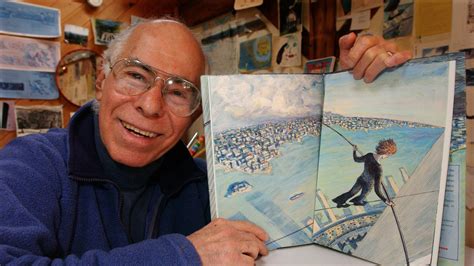A Quote by Daniel Kehlmann
It's also one of these strange points where metaphysics converges with economy. Because really what the experts are doing is creating value by banishing doubt. All great dead painters basically have this one person, this expert who has the metaphysical power to grant a seal of authenticity.
Related Quotes
One of the points where the art world is at its most metaphysical is in this weird aspect of the power of the expert. There are experts who claim they cannot be fooled because they have an inner connection to an artist and can feel whether something is genuine or fake. I've heard experts say, on panels: When it comes to my period, or my painters, I cannot be fooled. And of course that's completely ridiculous.
Just as the commandment 'Thou shalt not kill' sets a clear limit in order to safeguard the value of human life, today we also have to say 'thou shalt not' to an economy of exclusion and inequality. Such an economy kills. How can it be that it is not a news item when an elderly homeless person dies of exposure, but it is news when the stock market loses two points?
Another of the qualities of science is that it teaches the value of rational thought, as well as the importance of freedom of thought; the positive results that come from doubting that all the lessons are true... Learn from science that you must doubt the experts. As a matter of fact, I can also define science another way: Science is the belief in the ignorance of experts.
Most people consider themselves above the gritty and relentless details of life that allow the creation of great wealth. They leave it to the experts. But in general you join the one percent of the one percent not by leaving it to the experts but by creating new expertise, not by knowing what the experts know but by learning what they think is beneath them.
Kant's treatments of rational theology and metaphysics were aimed primarily at theoretical questions. His attitude toward the pseudo-sciences of "special metaphysics" in Wolff and Baumgarten was always double-edged. He did see them as pseudo-sciences but also valued their doctrinal value and especially their regulative value for the empirical sciences. Like his views about religion, I don't think any of this is any longer viable in its original form.
None of our men are 'experts.' We have most unfortunately found it necessary to get rid of a man as soon as he thinks himself an expert because no one ever considers himself expert if he really knows his job... Thinking always ahead, thinking always of trying to do more, brings a state of mind in which nothing is impossible.
Most of what we know we don't really know first hand. I've never seen a cancer cell. But I trust this community of experts who have, so I believe that cancer exists. But we trust these experts, and we trust that the experts have a system of checks and balances and self-correction. And we have to insist that experts have certain certifications. They're not perfect. Every once in awhile there's an engine falls off the wing of a plane, or a tax audit happens and you find out your expert made a mistake. But it's a pretty good system. It's the best system we've got.





































